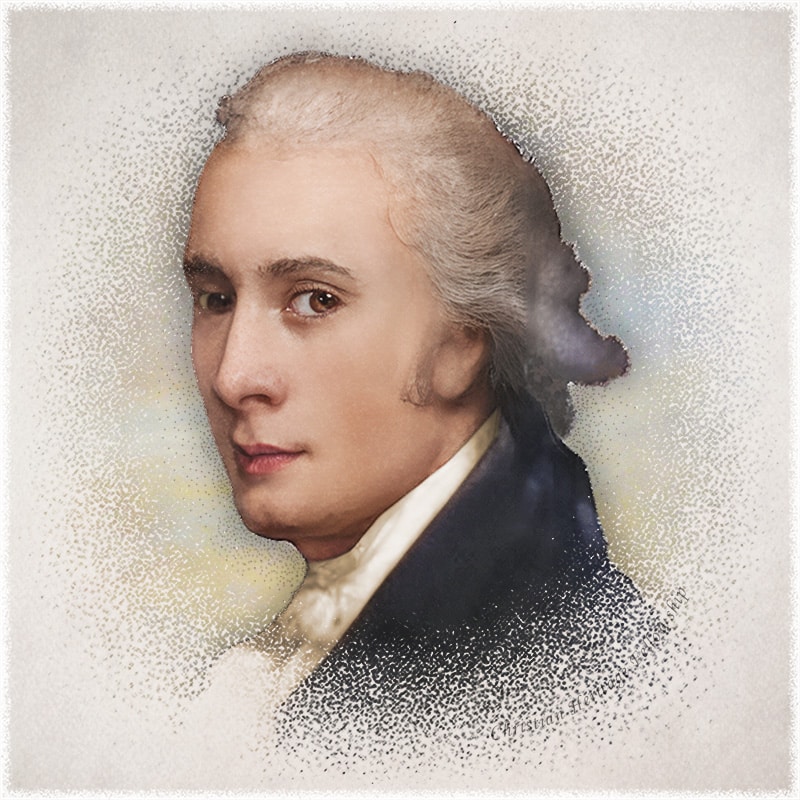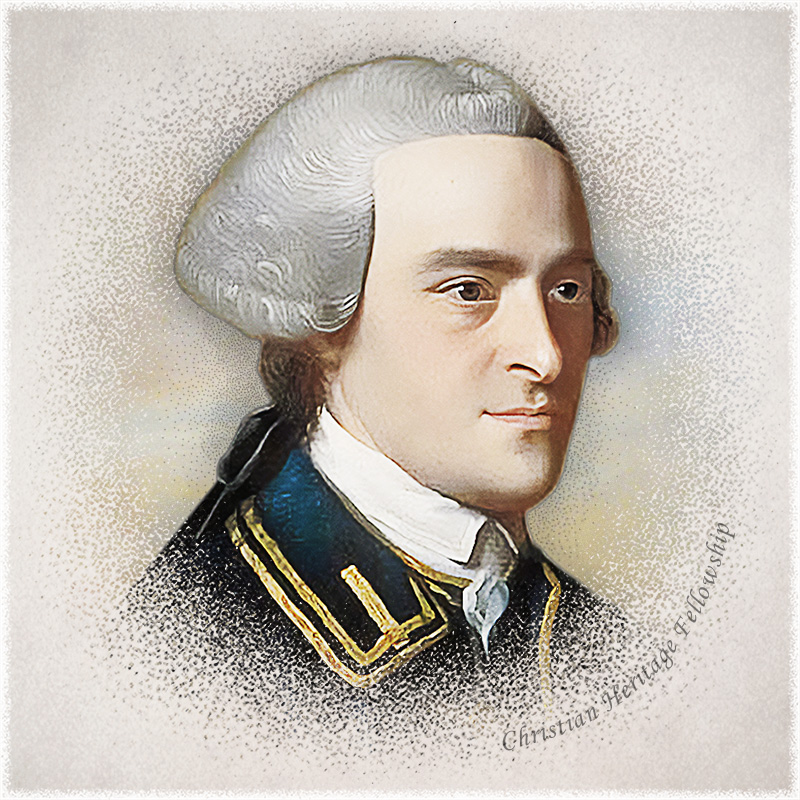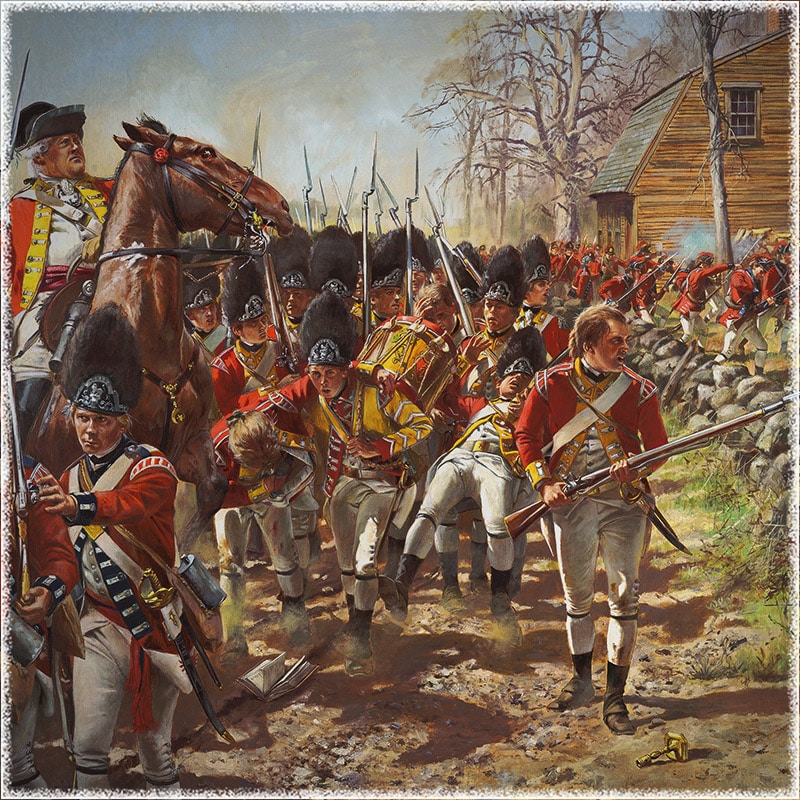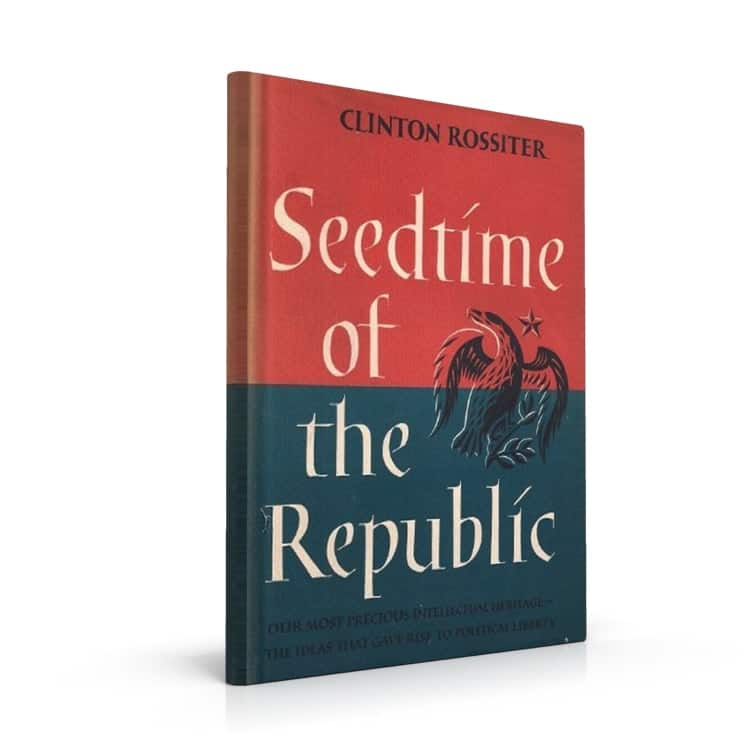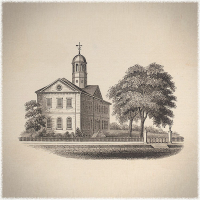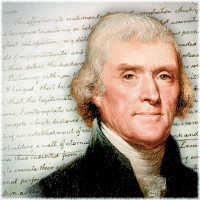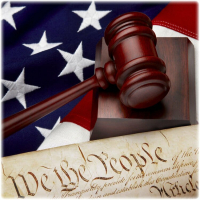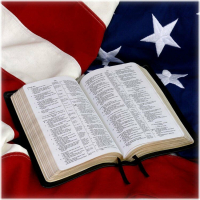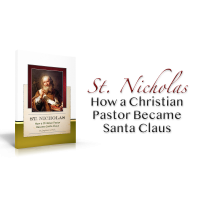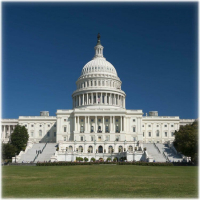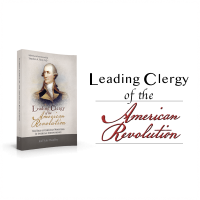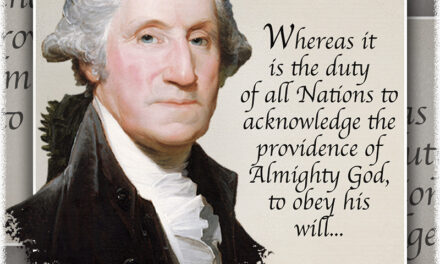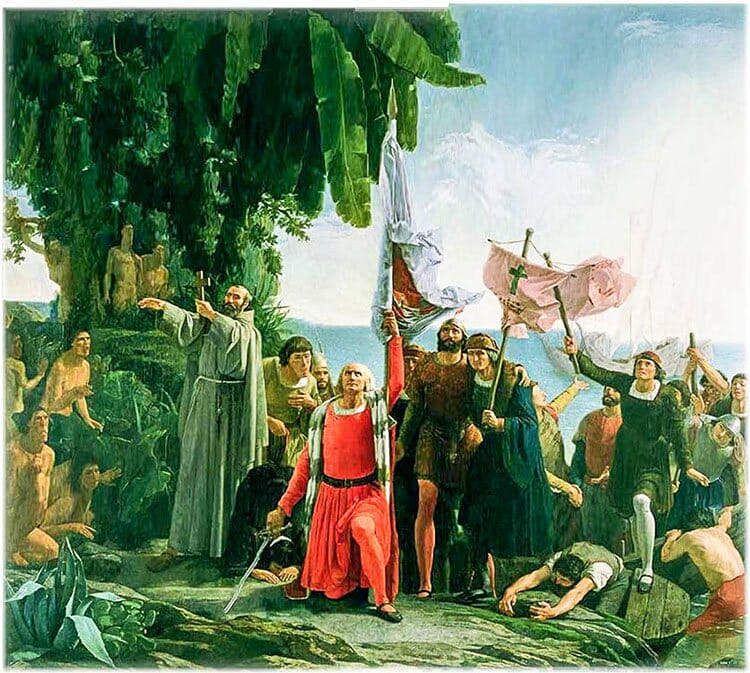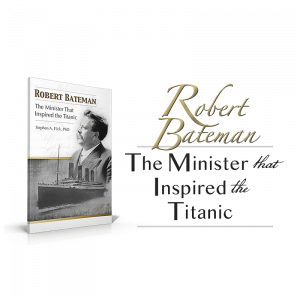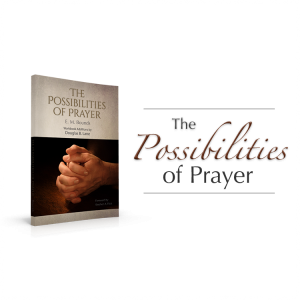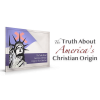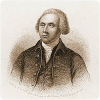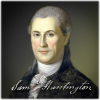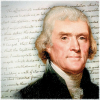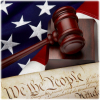Jonas Clarke—The Pastor Who Fired the Shot Heard Around the World
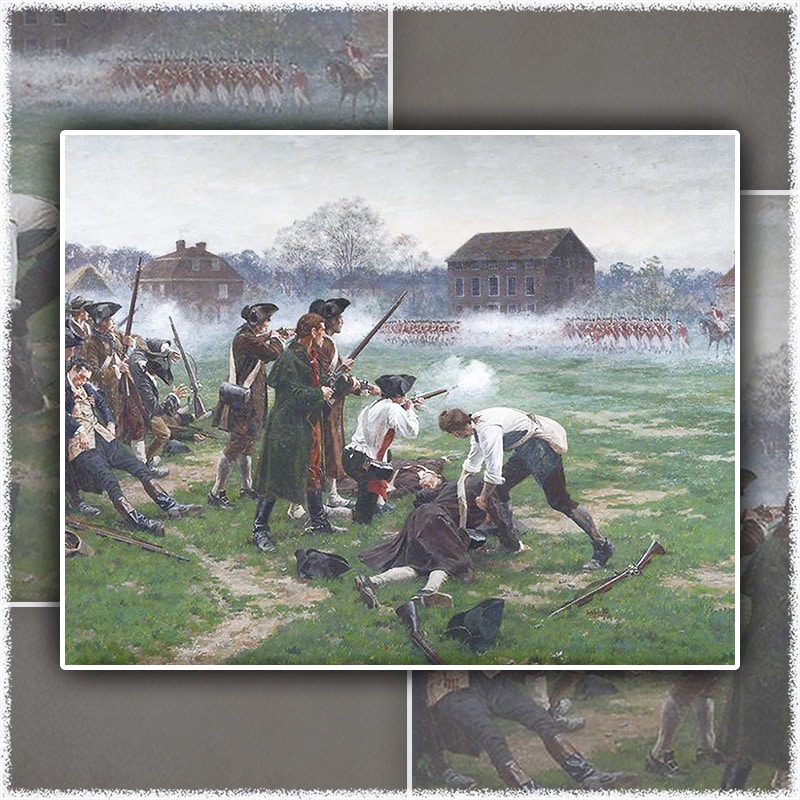
He was the pastor of the town where the first armed conflict occurred in the bid for American independence. On April 19, 1775, American blood was first shed at Lexington Green in Massachusetts. The biblical principles of freedom which he and other pastors throughout the American colonies advocated were motivating causes of liberty. For this reason, Jonas Clark may rightly be known as the pastor who fired the shot heard around the world. Jonas Clark
Article Contents
The subject addressed in this article is discussed at greater length in Eye-Witness to America’s First Struggle for Liberty. Christian Heritage Fellowship would be honored to work with individuals, businesses, churches, institutions, or organizations to help communicate the truth concerning the positive influence of the Christian faith by providing bulk pricing: Please contact us here... To purchase a limited quantity of this publication, please click: Purchase here...
The clergy of the eighteenth-century were perhaps the most influential force toward American independence. Contrary to secular views that Deism exercised controlling influence upon the opinions of America’s Founding Fathers, historical evidence demonstrates that Christian sources were the greatest inspiration for good in the American Revolution. And, numbered among the ministers who bequeathed a heritage of freedom to America and her descendants was the minister of Lexington, Massachusetts, Rev. Jonas Clark. Providence having placed him at the tip of the sword of freedom, Jonas Clark exercised his duties faithfully as a minister of the Gospel and as a true American patriot.
Pastor Clark was born in Newton, Massachusetts on December 25, 1730. Graduating from Cambridge at the age of twenty-two, he began his theological studies, and at the age of twenty-five was ordained as pastor of Lexington. Taking up the life of a country minister, he settled down on a little farm with a salary of eighty pounds a year and twenty cords of wood.
Preaching Principles of Liberty
Typical of orthodox New England ministers, Jonas was earnest and grave in the pulpit, deeply sensing the responsibility of the task to which he had given his life. From his pulpit, he dispassionately addressed the subjects of the day as the related to the principles of personal, civil, and religious liberty. Mingled with these principles was the doctrine of salvation in Christ and the right to resist tyrannical rule.
Well before military conflict occurred within the American colonies in a bid for freedom, Jonas had armed the members of his congregation with these biblical principles of personal liberty in Christ and civil liberty afforded by Scripture. So successfully had he instilled these principles among the members of his congregation that they were prepared to offer their lives to resist encroachment upon them.
His wife's cousin, John Hancock, became a frequent visitor to the home of the country parson. And, on the night of April 18, 1775, John Hancock was accompanied by the "Father of the American Revolution," Samuel Adams. At the home of the Pastor of Christ Church in Lexington, Massachusetts, Hancock and Adams found refuge on so fateful a night.
Dr. Joseph Warren sent word that evening that the British were up to mischief. Then word came that eight or nine British officers had been seen just before nightfall along the road leading to Lexington. To ensure the safety of Adams and Hancock, ten or twelve patriots took up watch over Pastor Clark's home.
Then, at two o'clock in the morning, peal after peal from the church bell called excited members of the local militia to the church green. There they found their pastor waiting for them. The roll was called, and one hundred fifty members answered.
Swift horsemen were sent down the road to Boston as sentinels to detect the approach of the British. After traveling several miles along the road, the sentinels returned and reported that all was quiet. A sentry was then set at the edge of Lexington, and the men of the gathered militia were dismissed to their homes with orders to return at the beat of the drum.
The question posed by Hancock and Adams to Pastor Clark was whether the local militia would stand against seasoned troops of King George. Pastor Clark assured them that they would fight, for he had trained them in scriptural principles of liberty.
As morning broke across the sky, an advance company of British marines was seen marching swiftly and in stealthy silence on the outskirts of Lexington. In a moment, the morning stillness was shattered by the rifle crack of the patriot sentry. Answering the alarm, the church bell hurled its startling peal, and the drummer boy beat out a call to arms.
Seizing their flintlocks, fathers and sons rushed toward the town common. There they drew up in ranks of two, believing the ground upon which they stood was the altar of their liberty. How often on those grounds had their pastor admonished them that resistance to tyrants was obedience to God? There the patriots of Lexington green stood in stern and silent array at the approach of their enemy.
"Throw down your arms, and disperse! throw down your arms, and disperse!" was the order the British commander bellowed to the patriots on the green. A volley of musket quickly followed, and as the puffs of white smoke slowly rose from the rifles of British troops, Pastor Clark gazed upon the field of conflict to find seven of his men still, stark, and stiff upon the ground with others wounded and writhing in agony. There beneath the windows of the church lay Jonas Parker, the strongest wrestler of Lexington, pierced through with both bullet and bayonet. There lay old Caleb Monroe, and nearby was Caleb Harrington, fallen on the church steps where he had gone for powder, and beside them other well-known friends and family. Of this tragic scene, one writer recounts the horror which gripped their pastor's heart as he gazed upon their lifeless forms:
Clark gazed long and earnestly on this tragic spectacle, but no tear of regret mingled with those of sympathy which he shed. Those lifeless forms before him were holy martyrs in his sight, the first precious sacrifices laid upon the altar of his country, which was yet to groan under its load of victims. He had no misgivings, for "from this day," said he, "will be dated the liberty of the world." No sound broke the stillness of the scene, but he heard far up in the dome of the universe a bell tolling the knell of tyranny.[1]
Conclusion: His Legacy to America
In his book, Seedtime of the Republic, distinguished scholar, Clinton Rossiter identified six prominent voices that gave rise to the American Republic. They include Thomas Hooker, Roger William, John Wise, Jonathan Mayhew, Richard Bland, and Benjamin Franklin. The first four of these six were ministers of the Gospel.[2]
Like other pastors throughout the American colonies, Pastor Jonas Clark had proclaimed the liberties found only in the Gospel of Jesus Christ and in God's Word. He believed that the War of Independence was a just one, waged upon biblical principles which he had advocated from the pulpit of Christ Church.
Following the Revolution, Jonas Clark lived a quiet honorable life up to its close in 1805. Enjoying almost uninterrupted health, he was taken with edema, most likely due to congestive heart failure. He passed from this life
Reverend Clark was laid in the Old Burying Ground in Lexington, Massachusetts. And, the home in which John Hancock and Samuel Adams sought abode with the family of Pastor Clark on the night of April 18, 1775 still stands today and is known as the Hancock-Clark House. Nearby, the Lexington Jonas Clark Middle School stands as a testimony to the memorial of this minister of the Gospel.
Who fired the first shot of the Revolutionary War? It was the teaching of the pulpit of Lexington, Massachusetts that struck the first blow for American independence!
America deserves to know its true heritage.
Please contribute today!
[1] J. T. Headley, The Chaplains and Clergy of the Revolution (New York: Charles Scribner, 1864), 81.
[2] Clinton Rossiter, Seedtime of the Republic: The Origin of the American Tradition of Political Liberty (New York: Harcourt, Brace, 1953), 149-312.

